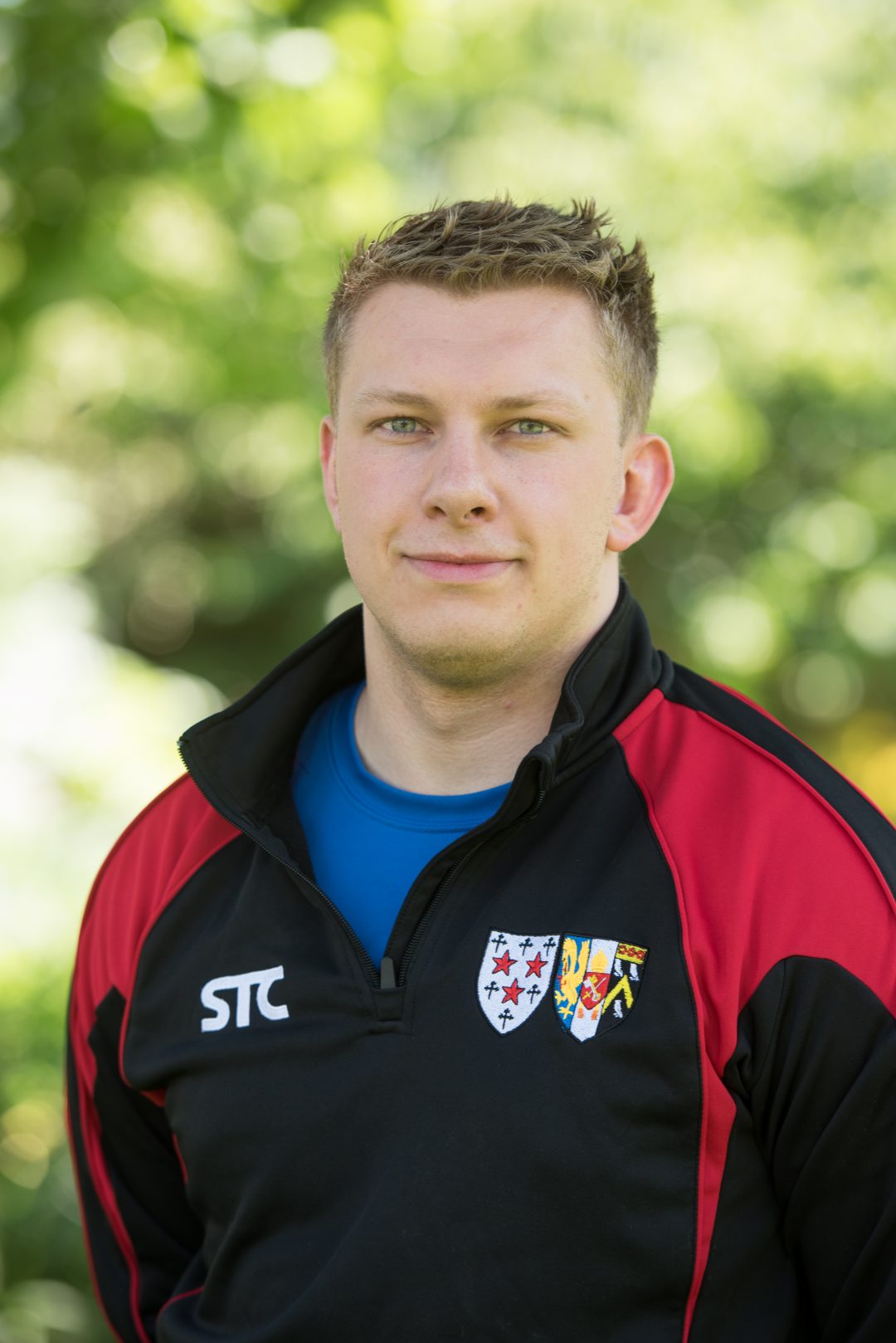Somerville medical student Aaron Henry (2015, Medicine) was part of the team of volunteers who successfully trialled the new Oxford/Astra Zeneca vaccine against Coronavirus. We caught up with Aaron to go behind the scenes and find out more about his experience of working on one of the most important vaccines in history.
How did you first get involved in working on the Oxford vaccine?
After the suspension of medical school in March, myself and a few other medical students were asked if we’d like to get involved with the efforts to produce a covid vaccine. I think none of us were entirely sure exactly what that would entail, but it was fairly obvious even that early on that a vaccine would be incredibly important in bringing this pandemic to an end.
What was the nature of your involvement with the project?
Delivering such a large clinical trial at unprecedented speed requires lots of staff to help with participant study visits. As we had some research experience from our preclinical years, as well as clinical experience from our time on the wards as part of our studies, we were able to assist the research nurses and doctors with these visits. In practice, this involved explaining trial developments to participants, screening for any adverse reactions to the vaccine, and taking blood samples for analysis. We also helped with some of the administrative work, such as contacting participants and checking up on blood results. Finally, some of us had the opportunity to get involved in some of the spin off projects from the main trial. For instance, I am currently working on a project investigating the motivations, experiences and attitudes of trial participants, which we hope will help to guide the design of future trials.
How did you balance your work helping on the vaccine with your studies?
This was actually remarkably easy at the beginning – with our studies put on hold for 4 months, I could fully commit to assisting the trial. Things became more challenging once things restarted in July, however. I would work on my studies during the week and at the trial during the weekends. I had exams in August and September, followed by job interviews in November and December, so it was very busy for me at times. I always looked forward to my weekends at the trial though. Working with such incredible colleagues and participants made it a real honour. I felt exceptionally proud to be able to help.
How did you feel when the Phase 3 results came in and when the vaccine was approved?
Relief more than anything else. It was awe inspiring to witnessing the dedication of my friends and colleagues working on the trial, and I was so relieved that all their hard work had paid off. I remember waking up to an email from the trial’s Chief Investigator Professor Andrew Pollard saying that the interim results had just been released and then a few weeks later an email saying the MHRA had approved the vaccine – I think I will remember the feeling I had when reading those two emails for a long time!
What will you take away from your work on the trial?
Being involved in such a large, rapidly moving clinical trial has really been a fantastic experience. I have learnt a great deal about how large trials are conducted and the various hurdles that are faced along the way. It was also an excellent opportunity to improve in practical skills such as phlebotomy – I’m sure I’ll be thankful for all the experience when I start my first junior doctor job in August! Perhaps most importantly, however, I’ve taken away so much from amazing the role models I worked with. People such as Professor Andrew Pollard; our clinical delivery lead Hannah Robinson; and clinical fellows such as Dr Kate Emary never ceased to amaze me with their commitment and their unflappable calmness under pressure. Despite the long hours, the stress and the intense media scrutiny they were always kind and always had time to help. It has been such a privilege to work with them and the many others like them!
Why do you think the Oxford / Astra-Zeneca vaccine is so important?
Well, firstly, it’s great to see three vaccines now approved in the UK. This virus has changed our lives dramatically and perhaps for the first time since last March it feels like there might be light at the end of the tunnel. The fact that our vaccine can be stored, transported and handled at normal fridge temperatures makes it significantly easier to distribute and deliver. Hopefully this will mean we will be able to get it to as many people as possible, as fast as possible. Furthermore, AstraZeneca’s commitment to making the vaccine available on a not-for-profit basis for low and middle income countries in perpetuity means that this is a vaccine not only for the rich, but for the world.
